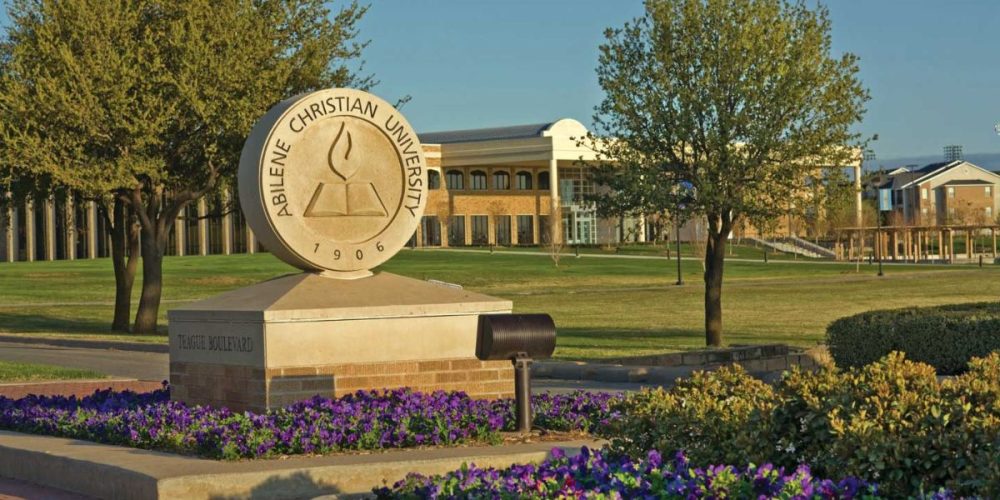(Texas Scorecard) – Abilene Christian University will soon house an advanced nuclear reactor approved by the U.S. Nuclear Regulatory Commission.
ACU’s planned research reactor, the first of its kind constructed in over 30 years, will be built by the university’s NEXT lab and nuclear company Natura Resources.
The project is a Molten Salt Research Reactor and had its final safety evaluation for the NRC’s permit on Sept 16.
“The MSRR, which will not generate electricity, will use molten salt coolant with fuel dissolved in the salt,” NRC stated. “The facility will provide a platform to research molten-salt technology, as well as educational opportunities in nuclear science and engineering.”
“This construction permit is the first step in the NRC’s two step licensing process,” said Ben Beasley, NEXT Lab director of licensing. “The construction permit allows ACU and Natura to build and operate the MSRR without uranium. The next step is to apply for and receive the operating license, which will authorize ACU and Natura to fuel the reactor and demonstrate the elegance of molten salt technology.”
Bill Peacock, policy director for the Energy Alliance, told Texas Scorecard, “It is somewhat encouraging to see the federal government do anything positive with nuclear energy, an industry which it has essentially shut down for decades.”
The project involves ACU NEXT Lab collaborations with Texas A&M University, the University of Texas at Austin, and the Georgia Institute of Technology to form the Natural Resources Research Alliance. Both Texas A&M and UT Austin have housed on-campus nuclear reactors for decades.
In May, the Texas A&M University System announced plans to build nuclear reactors at A&M-RELLIS, a satellite campus in Bryan, to provide a platform for companies to test technologies.
These announcements come amid increasing political discourse about nuclear energy. Notably, billionaire Elon Musk and former President Donald Trump recently discussed the safety and efficiency of nuclear energy in an X-space conversation.
In Texas, after numerous winter energy grid failures, Gov. Greg Abbott called on the Public Utility Commission of Texas to “evaluate advanced nuclear power reactors to determine if they can provide safe, reliable, and affordable power to our grid.”
Abbott charged the commission to submit a plan by December 2024 on how Texas can become a leader in using nuclear energy.
“The political appetite for exploring nuclear energy is definitely increasing, as evidenced by Gov. Abbott’s creation of a nuclear task force within the Public Utility Commission and the Texas Senate Business and Commerce Committee highlighting nuclear in its upcoming hearing on Oct. 1,” said Brent Bennett, policy director for Life:Powered. “But as long as the ERCOT market remains unprofitable for reliable baseload power like nuclear and favorable to unreliable wind and solar, new nuclear technologies face a long, uphill battle to being deployed commercially in Texas.”
The advanced nuclear reactor at Abilene Christian University is set to be completed by 2025.


